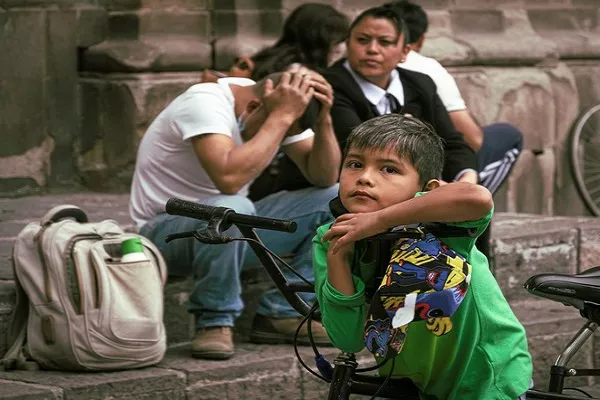Rebellion is a common aspect of childhood and adolescence. It is often seen as a way for young people to establish their independence and assert their identity. However, it can also be a source of conflict and stress for parents and caregivers. Understanding the factors that contribute to rebellious behavior can help parents and caregivers support their children and reduce the likelihood of conflict.
There are many factors that can contribute to a child’s rebellious behavior. Here are some of the most common:
- Developmental stage
Children go through many changes as they grow and develop. As they become more independent and explore their world, they may test boundaries and push back against rules and expectations. This is a natural part of the developmental process and is not necessarily a sign of problematic behavior.
- Personality
Some children are naturally more assertive and independent than others. These children may be more likely to challenge authority and resist rules and expectations.
- Family dynamics
Family dynamics can play a significant role in a child’s behavior. Children who grow up in homes with high levels of conflict or who experience neglect or abuse may be more likely to rebel.
- Peer influence
Children’s behavior is often influenced by the people they spend time with. If a child’s peers engage in rebellious behavior, the child may be more likely to follow suit.
- Mental health issues
Some children who struggle with mental health issues, such as anxiety or depression, may engage in rebellious behavior as a way to cope with their emotions.
It’s important for parents and caregivers to remember that rebellion is not always a negative thing. It can be a healthy part of a child’s development and can help them establish their identity and independence. However, if rebellion is causing conflict and stress, there are things that parents and caregivers can do to support their child.
Here are some tips for supporting a child who is struggling with rebellious behavior:
- Set clear boundaries and expectations
Children need structure and boundaries to feel safe and secure. Make sure your child knows what is expected of them and what the consequences will be if they break rules.
- Listen to your child’s perspective
When children feel heard and understood, they are more likely to cooperate. Take the time to listen to your child’s perspective and try to understand where they’re coming from.
- Offer support and guidance
Children need support and guidance as they navigate the challenges of growing up. Offer your child guidance and support, but also allow them to make their own decisions and learn from their mistakes.
- Seek professional help if needed
If your child’s behavior is causing significant stress or is impacting their mental health or well-being, consider seeking professional help. A therapist or counselor can help your child develop coping skills and address underlying issues that may be contributing to their behavior.
Rebellious behavior is a normal part of childhood and adolescence, but it can be challenging for parents and caregivers to navigate. By understanding the factors that contribute to rebellious behavior and taking steps to support your child, you can help them develop into healthy, independent adults.
























